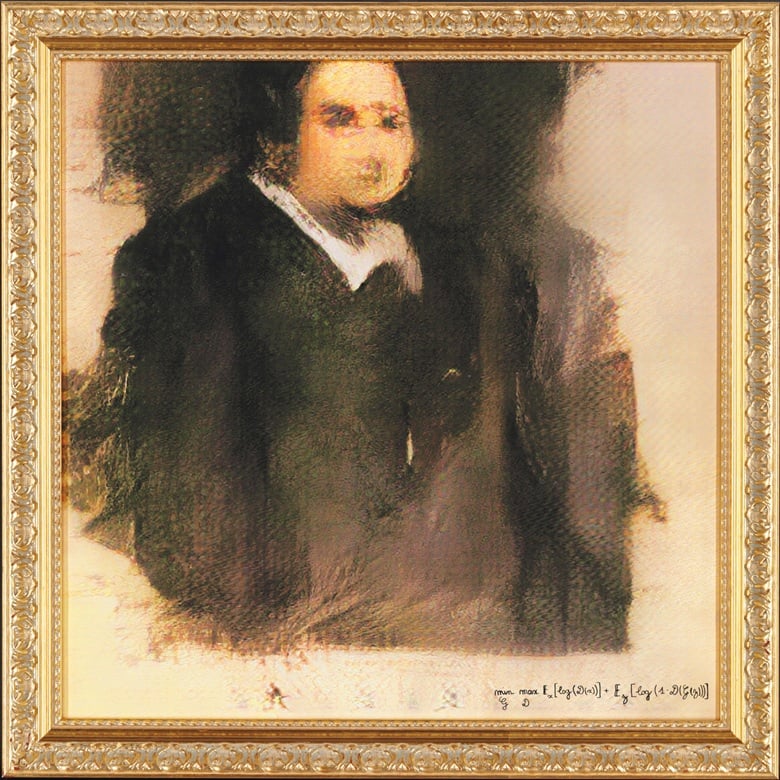

The dream is dead.


The dream is dead.


This doesn’t mean you can misrepresent facts like this though. The line I quoted is misinformation, and you don’t know what you’re talking about. I’m not trying to sound so aggressive, but it’s the only way I can phrase it.


Generating an AI voice to speak the lines increases that energy cost exponentially.
TTS models are tiny in comparison to LLMs. How does this track? The biggest I could find was Orpheus-TTS that comes in 3B/1B/400M/150M parameter sizes. And they are not using a 600 billion parameter LLM to generate the text for Vader’s responses, that is likely way too big. After generating the text, speech isn’t even a drop in the bucket.
You need to include parameter counts in your calculations. A lot of these assumptions are so wrong it borders on misinformation.


It helps to think of fights against monsters as a turn-based encounter. As long as you can dodge or the monster misses its attack, you should be able to land a hit. If you get hit or are too far away when the monster attacks, you probably won’t be able to land any meaningful offense or heal without getting punished for it.


You’re moving the goalposts. Your original reply made no mention of co-authorship by a human, it was just one sweeping statement.
AI art is not protected by copyright, yes. That isn’t a “should” but rather how it actually works in nearly all countries but a few, certainly including the US.


But they do, explicitly:
Many popular AI platforms offer tools that encourage users to select, edit, and adapt AI- generated content in an iterative fashion. Midjourney, for instance, offers what it calls “Vary Region and Remix Prompting,” which allow users to select and regenerate regions of an image with a modified prompt. In the “Getting Started” section of its website, Midjourney provides the following images to demonstrate how these tools work.136
Unlike prompts alone, these tools can enable the user to control the selection and placement of individual creative elements. Whether such modifications rise to the minimum standard of originality required under Feist will depend on a case-by-case determination.138 In those cases where they do, the output should be copyrightable. Similarly, the inclusion of elements of AI-generated content in a larger human-authored work does not affect the copyrightability of the larger human-authored work as a whole.139 For example, a film that includes AI-generated special effects or background artwork is copyrightable, even if the AI effects and artwork separately are not.


This isn’t true. You should read the latest guidance by the United States Copyright Office.


I see it as a time capsule, capturing a moment in time in the medium’s evolution. I mean, check out the first ever AI-generated image that sold for $432,500 USD back in 2018:



Fuck that guy.


Jesus fucking christ. Only four more years. I hope.


What is Free City? I can’t figure it out from what I found in my searches.


You can run language models on consumer cards right now. The only thing is depending on the size of the model and the amount of VRAM on your card, you might not be able to do much else.


Fair use isn’t a loophole, it is copyright law.


I have a feeling this experiment would sooner get the axe than have ads injected. There was initially a waiting list, but just a few days in it was completely open to the public.


Sometimes they just do research. Like when their employees made transformers and nothing came of them until Open AI capitalized on it.


There are ads in them now? I didn’t encounter any when using it a few days ago.
I just generated one and didn’t hear any ads.


You keep moving the goal posts and putting words in my mouth. I never said you can do new things out of nothing. Nothing I mentioned is approaching, equaling, or exceeding the effort of training a model.
You haven’t answered a single one of my questions, and you are not arguing in good faith. We’re done here. I can’t say it’s been a pleasure.
With this feature’s character creator we’ll finally get to see if you’re allowed to be black in Genshin Impact.